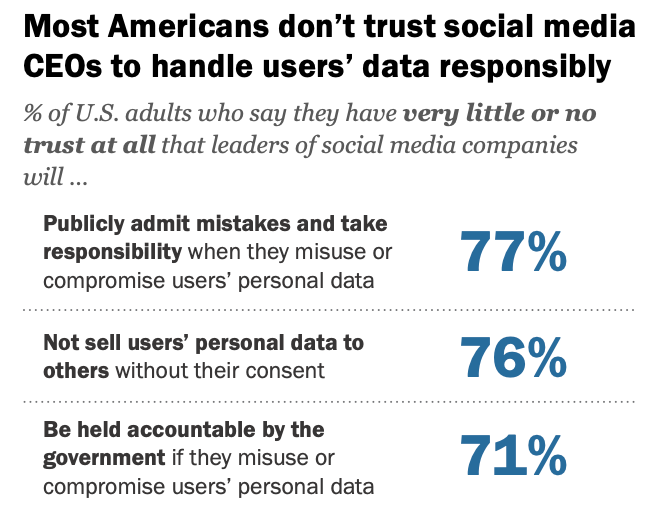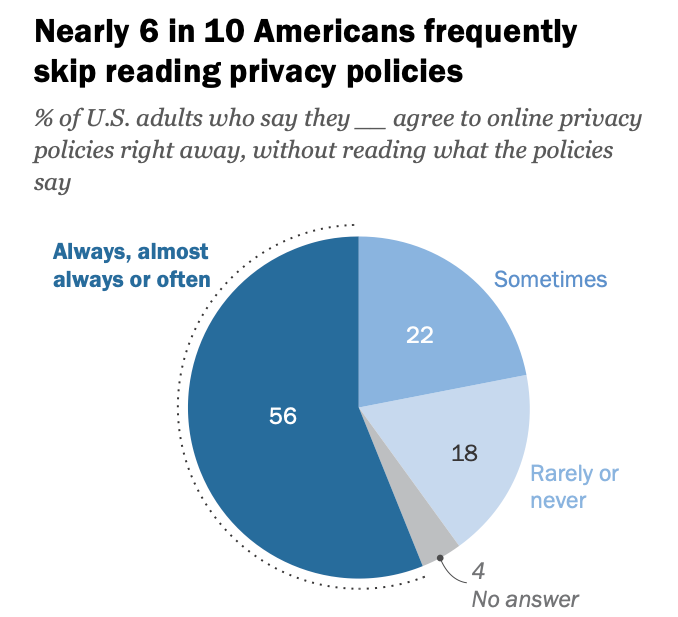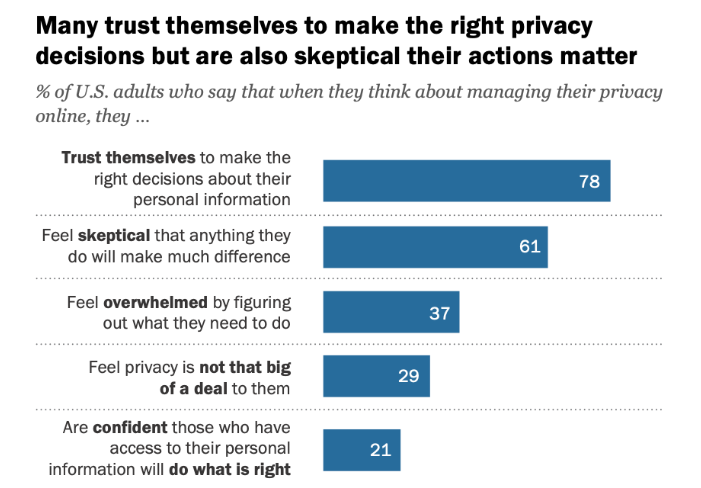Somebody's Watching Me

When Rockwell sang those lyrics back in 1984, it was campy paranoia…part pop hit, part Halloween playlist. But four decades later, that chorus feels less like a funky earworm and more like a prophecy. Somebody and something is watching you. In fact, everything is.
It’s not just your neighbors peeking out the blinds. It’s your phone, your TV, your car, your watch, even your thermostat. The surveillance state isn’t just government cameras on street corners; it’s the web of devices we’ve willingly installed in our own lives.
Walk through an ordinary day: the smart doorbell camera logs your comings and goings, your car records speed, braking, GPS location, and travel patterns. At work, your laptop camera stares back, whether you’re on Zoom or not. At the gym, your smartwatch tracks your heart rate and sleep cycles. Even winding down at night, your streaming service is cataloguing not just what you watch, but when you stop, rewind, or fall asleep. All these features are provided to us under the guise of better data and recommendations to help us live better and more convenient lives. Still, in reality, the flip side of the coin is that all these companies are in the business of collecting and monetizing your data for their own benefit.
Today, smartphones are often the biggest culprits of personal surveillance. We carry them everywhere and use them for everything. Even though Apple does advertise, “What happens on your iPhone, stays on your iPhone”, they still collect the data for themselves. Things like location, app usage, health data, voice interactions, and Apple Pay transactions are constantly being logged and used by Apple to help “improve” the user experience. So, while they are not selling your data, they do profit from it by looking for ways to increase engagement with their products and services.

Note: Those who did not give an answer or who gave other responses are not shown. Source: Survey of U.S. adults conducted May 15-21, 2023. "How Americans View Data Privacy." Pew Research Center.
Companies like Google and Meta are the bigger aggregators of personal data for ad revenue. According to recent figures for 2023, Google generated nearly $240 billion in ad revenue, while Meta generated approximately $135 billion. This is a direct result of being able to target better ads based on user data, queries, and information. Do you ever notice that when you talk about something and check Instagram or your web browser, you might suddenly start seeing ads that are similar shortly after?
A slightly less intrusive example could be Amazon’s acquisition of Roomba vacuums in 2022 and its planned use. If the Roomba product knows your home and your high traffic areas, then Amazon can better market products to you, knowing you might need them. If they notice you have a large playroom, they might suggest more ads for toys. Spotting workout equipment might lead to increased advertisements for fitness subscriptions or supplements.

Roomba mapping a living room.
Source: iRobot/YouTube
It’s not just Big Tech getting in on the fun too. In 2012, Target came under fire for targeting specific ads towards pregnant women…before they knew they were pregnant. Jonathan Pole, a statistician for Target, had the following to say: “We knew that if we could identify them in their second trimester, there’s a good chance we could capture them for years…As soon as we get them buying diapers from us, they will start buying everything else too. If you’re rushing through the store, looking for bottles, and you pass orange juice, you’ll grab a carton. Oh, and there’s that new DVD I want. Soon, you’ll be buying cereal and paper towels from us, and keep coming back.” They were able to do this by mapping user searches and purchase patterns to recognize future opportunities. Part of the problem is our own behavior. Many of us hand over consent without even realizing it.

Note: Figures may not add up to 100% due to rounding. Those who did not give an answer or who gave other responses are not shown.
Source: Survey of U.S. adults conducted May 15-21, 2023. "How Americans View Data Privacy." Pew Research Center.
The uncomfortable truth: we don’t fully know what’s being collected, how it’s being used, or who it’s being sold to. And because terms of service and privacy policy agreements run longer than Shakespeare plays, most of us don’t bother to check.What does this do to us psychologically? Living under constant, invisible observation can alter one's behavior. We self-censor. We hesitate. We accept the tradeoff because opting out feels impossible. The panopticon, once a metaphor for prisons, is now our digital ecosystem. This constant observation influences how people perceive their ability to protect themselves online.

Note: Those who did not give an answer or who do not use the internet are not shown.
Source: Survey of U.S. adults conducted May 15-21, 2023. "How Americans View Data Privacy." Pew Research Center.
There are ways to push back. You don’t have to smash your phone and move off the grid to reclaim some control. A few small steps make a difference:- Review app permissions: Does Instagram really need access to your microphone?
- Disable “always listening” features on smart speakers.
- Turn off location services except when necessary.
- Use privacy-focused browsers and search engines.
- You can use a service like LifeLock or Cloaked to help protect your data.
- Place a freeze on your credit.
- Check your settings regularly: Your future self will thank you.
Principle Wealth
